
DIE WALKÜRE
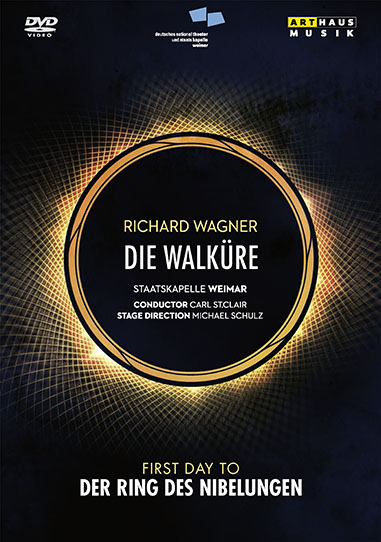



DIE WALKÜRE
Soloists:
Erin Caves, Kirsten Blanck, Catherine Foster
Orchestra, Chorus:
Staatskapelle Weimar
Conductor:
Carl St.Clair
Director:
Michael Schulz
“The free man must be his own maker” Richard Wagner’s Ring of the Nibelung reflects the composer’s autobiography as much as the political turmoil of his times. As work progressed, another figure grew to be as important as the hero Siegfried, the god Wotan, the mouthpiece for Wagner’s ideas. “He’s exactly like us: he is the sum of today’s intellectual consciousness, whereas Siegfried is what we hope the human being of the future will be, but who cannot be fashioned by us, and who must make himself by means of our destruction!” Our own doom as the basis of a happier future? Wagner dressed this Herculean task musically in the spreading, shimmering web of his leitmotivic working (there are approximately 20 distinct motives in Die Walküre). Dramaturgically, the conversational style of Das Rheingold gives way to the tone of bourgeois tragedy: incestuous passion, more than one form of deep-seated marital antagonism, and a lot of talk, a lot of self-justification in the form of recapitulation. This, the First Day of the tetralogy (Das Rheingold being a “preliminary evening”), was without doubt the “most moving, the most tragic” of all Wagner’s works in the view of his wife Cosima, expressed in her diary on 31 August 1873. The text of Die Walküre was finished on 1 July 1852, and the score was completed in late March 1856. With the financial help of his ever-generous friend (and future father-in-law) Franz Liszt, Wagner went to rest from his labours on the shores of Lake Geneva.
Label:
Arthaus Musik
Genre:
Oper
Running Time:
237 min.
Picture Format:
16:9
Sound Format:
PCM Stereo, Dolby Digital 5.1
Number of Discs:
2
Region:
0
Subtitle Languages:
DE, EN, FR, IT, ES, JP
EAN:
4058407094050
UPC:
4058407094050
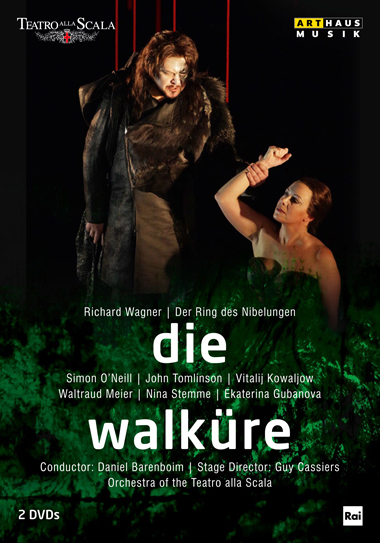
Richard Wagner
Richard Wagner called “Die Walküre” the “first evening” of the “Ring of the Nibelung”; he called “Das Rheingold” the prologue or “Vorabend”. Musically and dramatically, we are introduced to a radically new and different world when the opening bars of “Die Walküre” resound. A fully developed orchestral palette of(...)
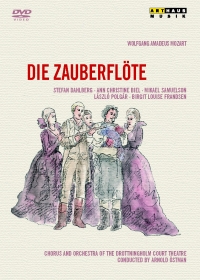
Wolfgang Amadeus Mozart
Die Zauberflöte is the artistic and philosophical testament of Wolfgang Amadeus Mozart, who died a few weeks after the work’s première in Vienna. Intertwining music of awesome purity and beauty with the conventions of the singspiel - a popular form of musical comedy – Mozart’s final operatic legacy to the world explores Man’s search(...)









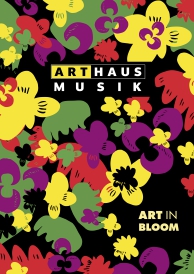 PDF Download (5,5 MB)
PDF Download (5,5 MB)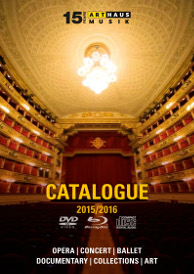 PDF Download (6,7 MB)
PDF Download (6,7 MB)